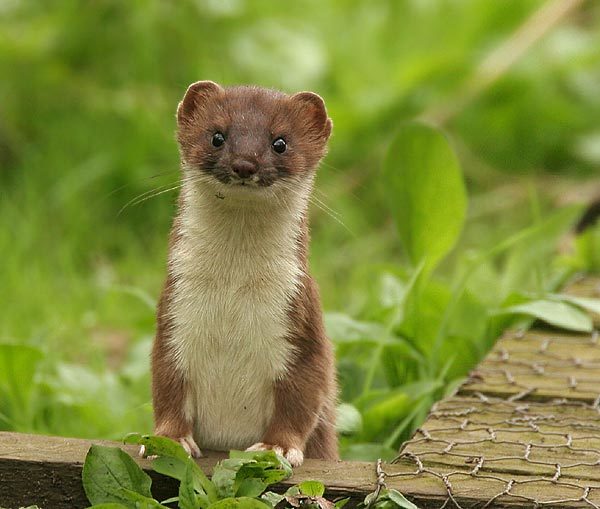Stoats introduced to Orkney in the past five years are killing native species, according to wildlife experts, and will have to be controlled by culling or removal.
Scottish Natural Heritage (SNH) has raised fears that the introduction of stoats to the islands could cut wildlife tourism to the area.
A report published by the watchdog suggests that the presence of stoats will lead to significant decline in the population of Orkney voles, as well as already rare birds of prey such as short eared owls and hen harriers.
Stoats prey on small animals such as rabbits, rodents, game birds, waders, chicks and eggs. And they have been shown to predate hen harrier chicks.
The new report involves wildlife management experts at the University of Aberdeen. They have advised on the impact the stoats could have on the ecology of the Orkney islands and provide advice on potential solutions.
The report concludes that management of the stoats is required to reduce or remove the population.
Graham Neville of SNH said: “Orkney is fortunate to have such adiverse and high quality landscape and natural heritage – rich in bird life from Arctic tern, with one of the longest of all migratory passages, to short eared owl and red throated diver.
“Arable land complements cliff colonies and the seas around Orkney are teeming with life and marine plants.
“That makes it plain we have a duty to conserve its nature. And the report tells us it is highly likely that invasive non-native stoats will change the ecology of Orkney.
“That will have a heavy impact on its place as a home for birds of prey and other species.
“This is a significant issue with implications for the affected species of Orkney – but no one should be in any doubt it will be difficult to remove stoats and it will take major funding to achieve removal.
He added: “Our maps of stoat records are a conservative estimate of the distribution of stoats on Orkney and we estimate that in reality the majority of mainland and connected islands will be occupied by stoats now, or in the very near future.”
SNH has established an advisory group with the aim of establishing a plan to manage stoat numbers.
